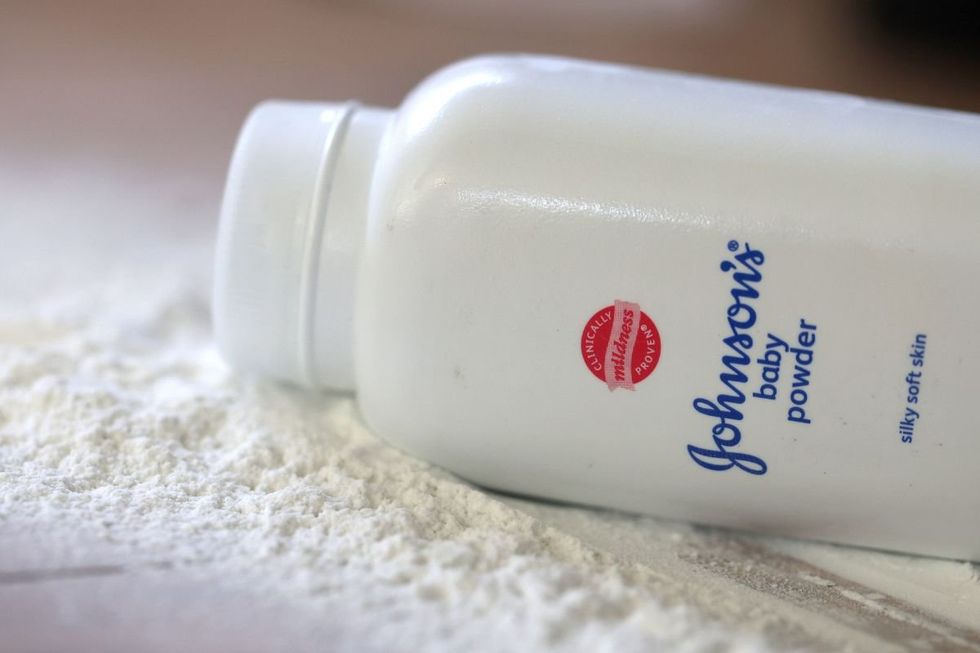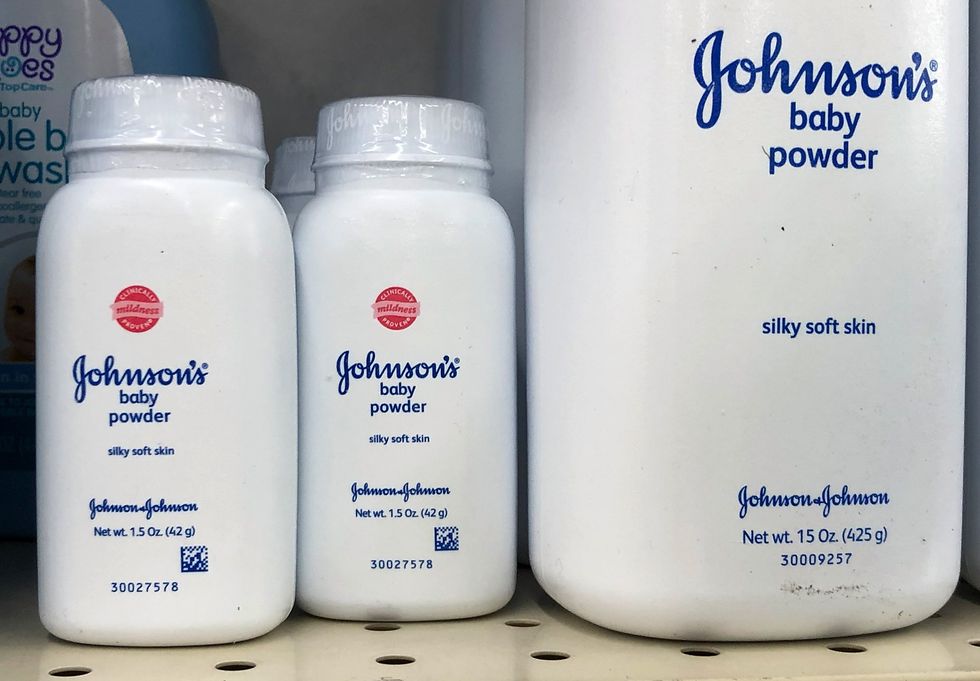Johnson & Johnson accused of selling asbestos-tainted baby powder linked to cancer as 3,000 Britons join lawsuit

Numerous individuals pursuing compensation have reported diagnoses of ovarian cancer
Don't Miss
Most Read
Pharmaceutical company Johnson & Johnson faces a significant legal challenge in Britain as 3,000 individuals pursue compensation, claiming the firm deliberately marketed talcum powder while knowing it contained cancer-causing asbestos.
Court documents indicate the pharmaceutical corporation possessed evidence from the 1960s showing its mineral-based powder contained tremolite and actinolite. These substances, when present as fibres, constitute asbestos and have established links to fatal cancers.
The legal action represents potentially the most substantial product liability case in British legal history. Solicitors representing the claimants suggest compensation could reach hundreds of millions of pounds.
The litigation parallels extensive American court proceedings where juries have granted billions in compensation to affected individuals, though the company has successfully challenged several verdicts.
TRENDING
Stories
Videos
Your Say

The firm has been accused of marketing talcum powder while knowing it contained cancer-causing asbestos
|GETTY
Internal correspondence alleges executives recognised the presence of hazardous fibres in their products whilst pursuing strategies to avoid disclosure.
A 1973 memorandum reportedly acknowledged talc fragments that could be categorised as fibres, with occasional detection of tremolite or actinolite in minimal quantities.
Company officials apparently considered patenting techniques for removing asbestos from talc that same year.
One executive allegedly suggested maintaining confidentiality about the process rather than revealing it through patent documentation, stating: "We may wish to keep the whole thing confidential rather than allow it to be published in patent form and thus let the whole world know."
The legal claim suggests the corporation influenced American regulatory authorities to adopt less stringent testing protocols during the 1970s. This allegedly permitted detection methods that could overlook minor asbestos contamination levels.
Numerous individuals pursuing compensation report diagnoses of ovarian cancer, mesothelioma and other malignancies following prolonged powder usage.
Siobhan Ryan, a 63-year-old Somerset resident, received a stage 4 ovarian cancer diagnosis after decades of applying the product to herself and her children.
"My mother used it and I used it," she told the BBC. "It smelled nice and was soft and lovely. When my babies were born, I used it on them. I thought I was doing my best for them."
Following multiple chemotherapy treatments and major abdominal surgery, Ryan discovered additional tumours requiring further treatment. Medical professionals have determined her condition is now inoperable.
LATEST DEVELOPMENTS
"They knew it was contaminated and still they sold it to new mums and their babies," Ryan stated.
J&J maintains its talcum powder complied with regulatory requirements and contained no asbestos, rejecting claims it causes cancer.
The corporation transferred its consumer health division to Kenvue, which expressed sympathy for cancer patients while emphasising the importance of factual accuracy.
The company asserts decades of analysis by independent laboratories, academic institutions, and health regulators worldwide support the product's safety. British sales of talc-based powder ceased in 2023, three years after American distribution ended.

The company asserts decades of analysis by independent laboratories
|GETTY
Recent American litigation resulted in a Connecticut court ordering $25 million in compensation to a terminal mesothelioma patient.
During proceedings, a former J&J toxicology director testified he made safety assertions without examining test data and failed to report asbestos findings to supervisors or regulators.
J&J has separated its consumer health division into a separate company, Kenvue, whose spokesperson said in a statement: “We sympathise deeply with people living with cancer. We understand that they and their families want answers - that’s why the facts are so important.
They noted that the talcum powder "is backed by years of testing by independent and leading laboratories, universities, and health authorities in the UK and around the world". They also said the product is "compliant with any required regulatory standards, did not contain asbestos, and does not cause cancer".
Our Standards: The GB News Editorial Charter











